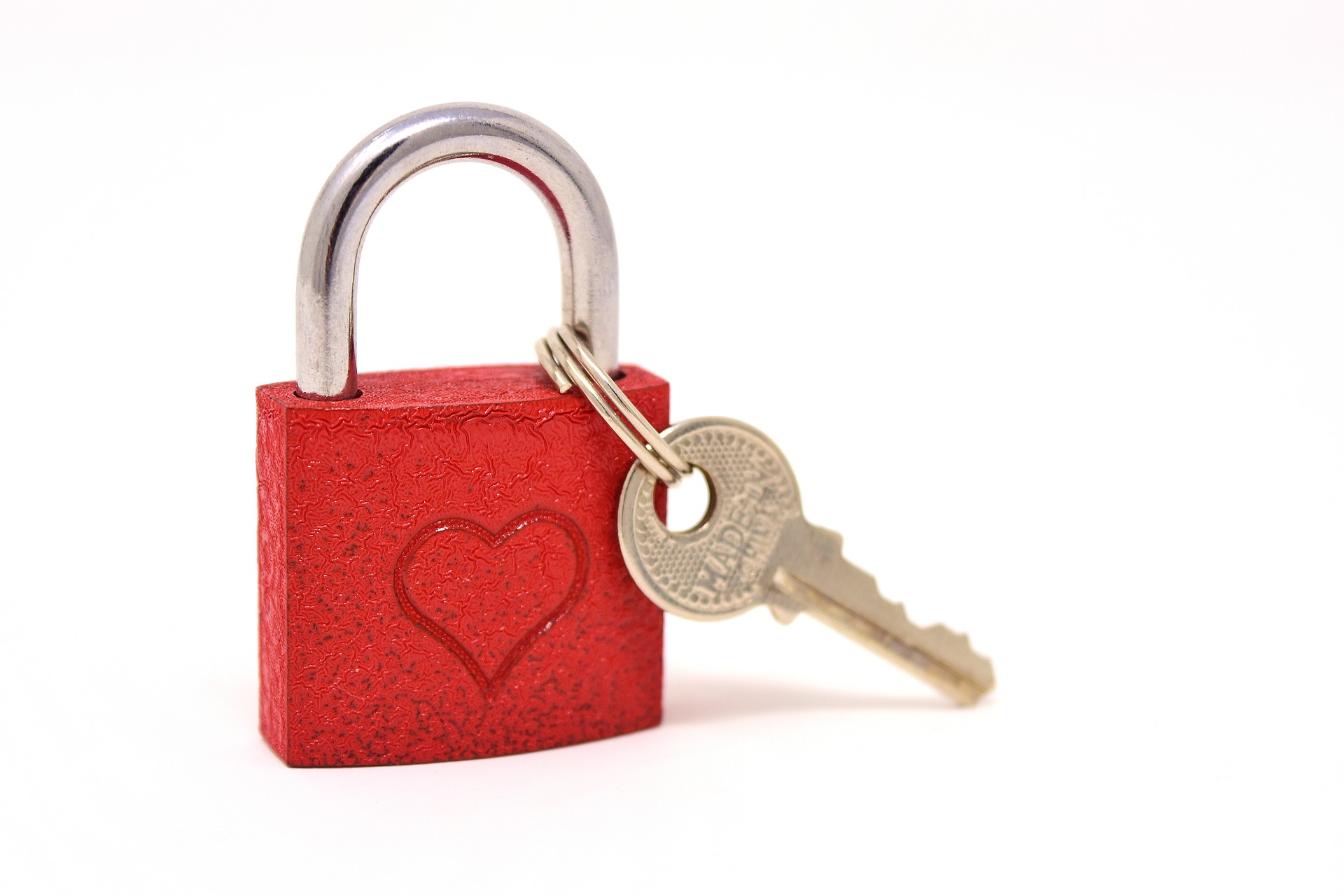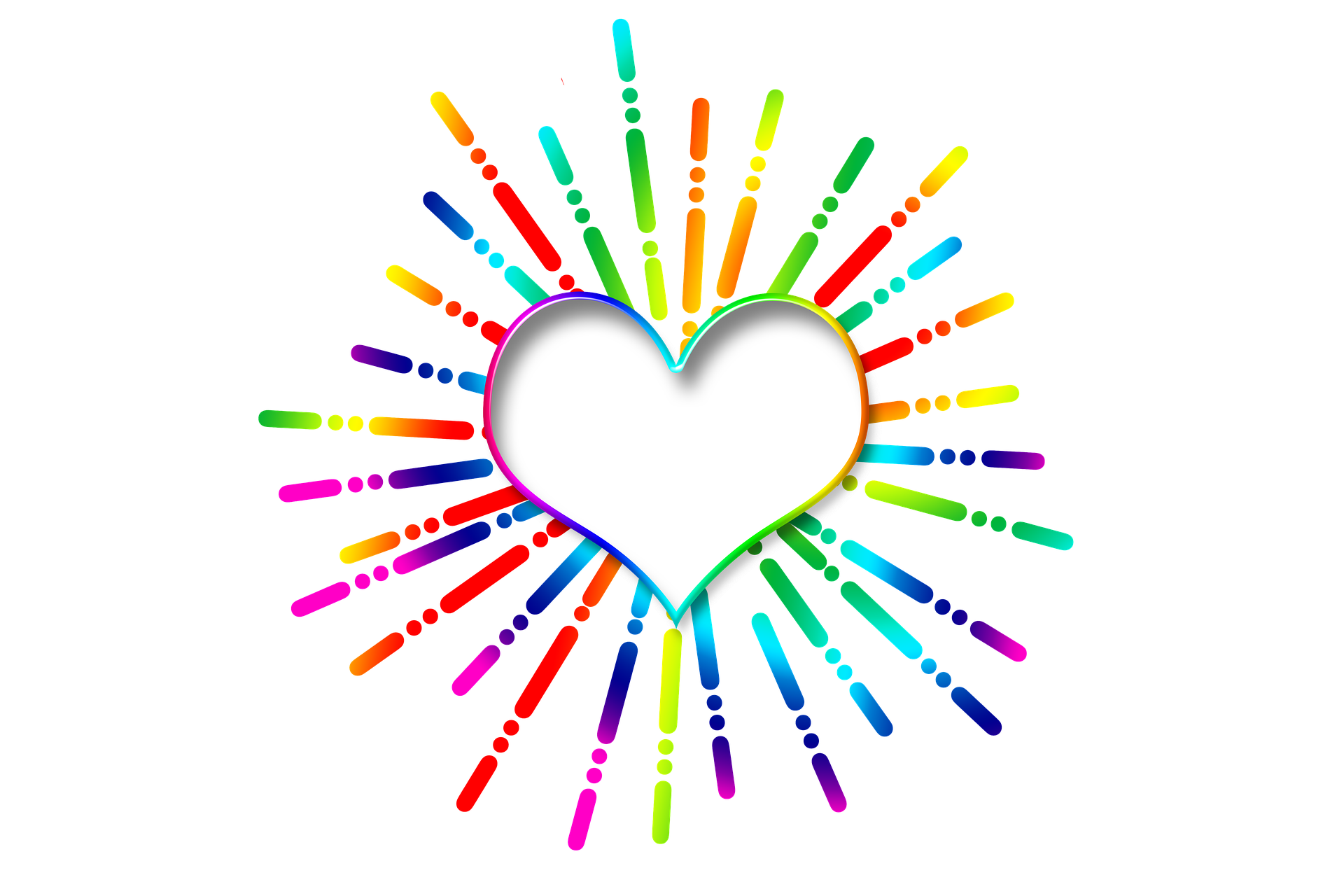What You Need to Know About Your Loved One’s Eating Disorder and Addiction
By Becca Owens, Guest Contributor
Seeing someone you love in pain is always hard. Watching them struggle with an eating disorder or other mental illness and substance abuse can be scary. You may wrestle with feeling overwhelmed or frustrated, wondering how to help or how things got to the place they did. Understanding how family dynamics contribute to mental health as well as the healing process is an important step in loving your family member well and supporting all family members toward growth and overall health.
Co-Occurring Eating Disorders and Addiction
Over the years, many people have likened eating disorders to the patterns of addiction, and while they do resemble each other in some ways, they are distinct diagnoses with unique needs in the healing process. They aren’t the same, but they do often go hand in hand. In fact, many people who struggle with an eating disorder — like bulimia, anorexia, binge eating, and other specified feeding or eating disorder — also struggle with an addiction, and vice versa. Around one-half of people with an eating disorder also are battling an addiction, and about one-third of people struggling with substance abuse also have an eating disorder; both much higher than the general population.
Both eating disorders and substance abuse often begin during the most stressful times of life. When people feel overwhelmed with stress in their lives, they may begin to cope in unhealthy ways, like over-controlling their eating habits. For some, both issues may develop simultaneously, but it can be hard to recognize the differences in their patterns at first. Both have symptoms that include the following:
Preoccupation with the new habits
Increase and intensity of use
Withdrawal from past interests
Inability to quit using or cease certain behaviors despite negative consequences
Another problem with fighting both conditions is that they seem to perpetuate each other. One mark of addiction is that people become more impulsive and less responsible for taking care of themselves, particularly their nutrition. Addiction can also cause serious health problems that exacerbate eating disorders, particularly GI and neurological issues.
Because of the self-image struggle associated with eating disorders, many people may hate the way they look and mistreat themselves so much that they choose to escape their destructive patterns with even more problematic behaviors like substance abuse. Each problem can feed the other so that it becomes an unhealthy cycle.
Body Image Talk in the Home
Studies show that how children think about their body is often formed very young. Much of this happens in the home as kids observe how their parents view their own bodies. The family patterns they witness become normal to them. If parents tend to talk negatively about their bodies and have unhealthy eating habits, children absorb these same tendencies and carry them into their teen and young adult years.
“It is essential that we hardwire our brains with new ways of thinking about ourselves. One very important way to do this is by finding new ways to relate to yourself through language.” – Shared on Heroes in Recovery.
When someone is fighting an eating disorder, part of the healing process will likely include reflecting on their family history and how their ideas were shaped at home. Because of this, healing often needs to take place within the whole family through family therapy and behavior change.
One helpful change — although it may not easy — is to begin changing how family members talk about their own bodies as well as each other’s weight and body image. Loved ones don’t need to give empty compliments or offer fake encouragement, but families should strive to adopt positive speech and a culture of genuine support for each other’s health.
Finding Help and Healing for Eating Disorders and Addiction
Once you are able to grasp the struggle your loved one is dealing with, it’s important to provide healthy and ongoing encouragement for their healing journey. Finding and entering specialized treatment for their situations can feel overwhelming for both them and you, but they need your positive support as they take the next steps. It is important to choose a treatment program that addresses co-occurring disorders so that they can heal from both the eating disorder and addiction simultaneously.
Many treatment centers will also offer tracks for families to learn about both diagnoses and how to change patterns at home that will help their loved ones find success upon returning home. If you are looking for help in finding specialized treatment for a co-occurring eating disorder and addiction, please call our 24-hour, toll-free helpline today. We can answer all your questions and talk you through the treatment process. We can offer you hope and show you what a healthy future can be for you and your family!
Becca Owens is a writer for Center for Change, which provides a holistic approach, rigorous medical and clinical program with a wide range of levels of care and nurturing environment. Our team of medical, psychological and nutritional experts have been carefully selected because of their expertise in treating both the outward symptoms and underlying causes of eating disorders.


